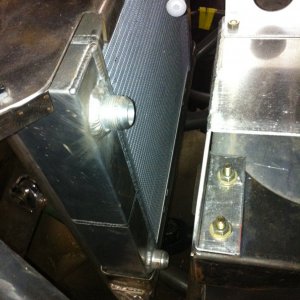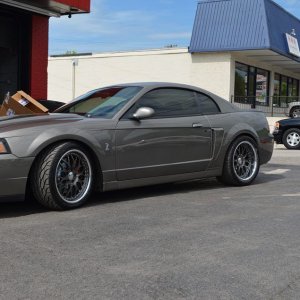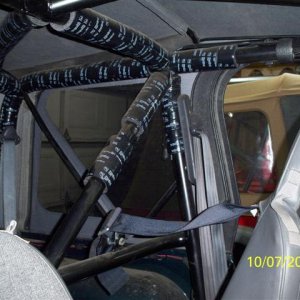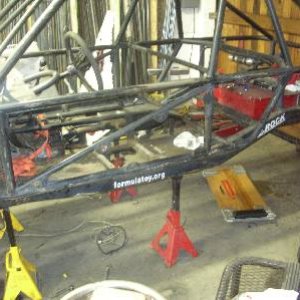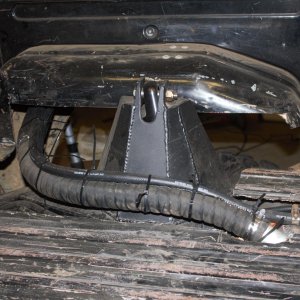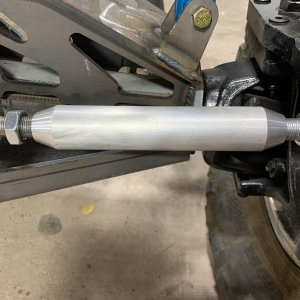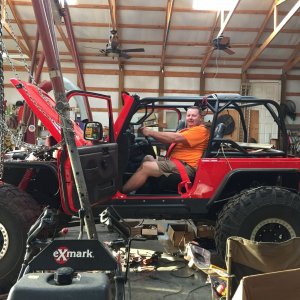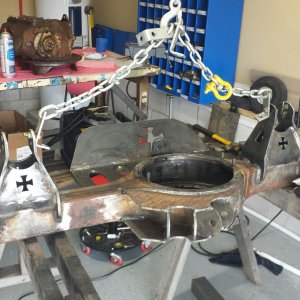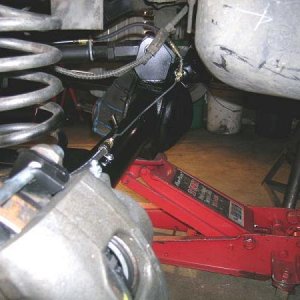Binder
Well-Known Member
An electric motor can and does generate all of it's torque from under 1 rpm a minute. That is as close to zero as it can get without being stalled.
An electric motor can generate 100% of it's torque at zero RPM. How much wrk is it getting done?

